- The Rundown Tech
- Posts
- Sora clones flood App Store
Sora clones flood App Store
PLUS: Amazon's prescription vending machines
Good morning, tech enthusiasts. OpenAI’s Sora hit a million downloads in just five days — and that’s when the clones came calling. Knockoff apps using OpenAI’s name and logo surged up the App Store charts, luring thousands into fake subscriptions before being removed. Some, though, are still slipping through.
Can Apple's moderators find a way to keep up with viral AI?
In today’s tech rundown:
Sora copycats flood Apple’s App Store
Amazon now has prescription vending machines
Tensor Robocars will come ‘Lyft-ready’
MIT and Harvard design ‘natural killer’ cells
Quick hits on other tech news
LATEST DEVELOPMENTS
SORA/APPLE
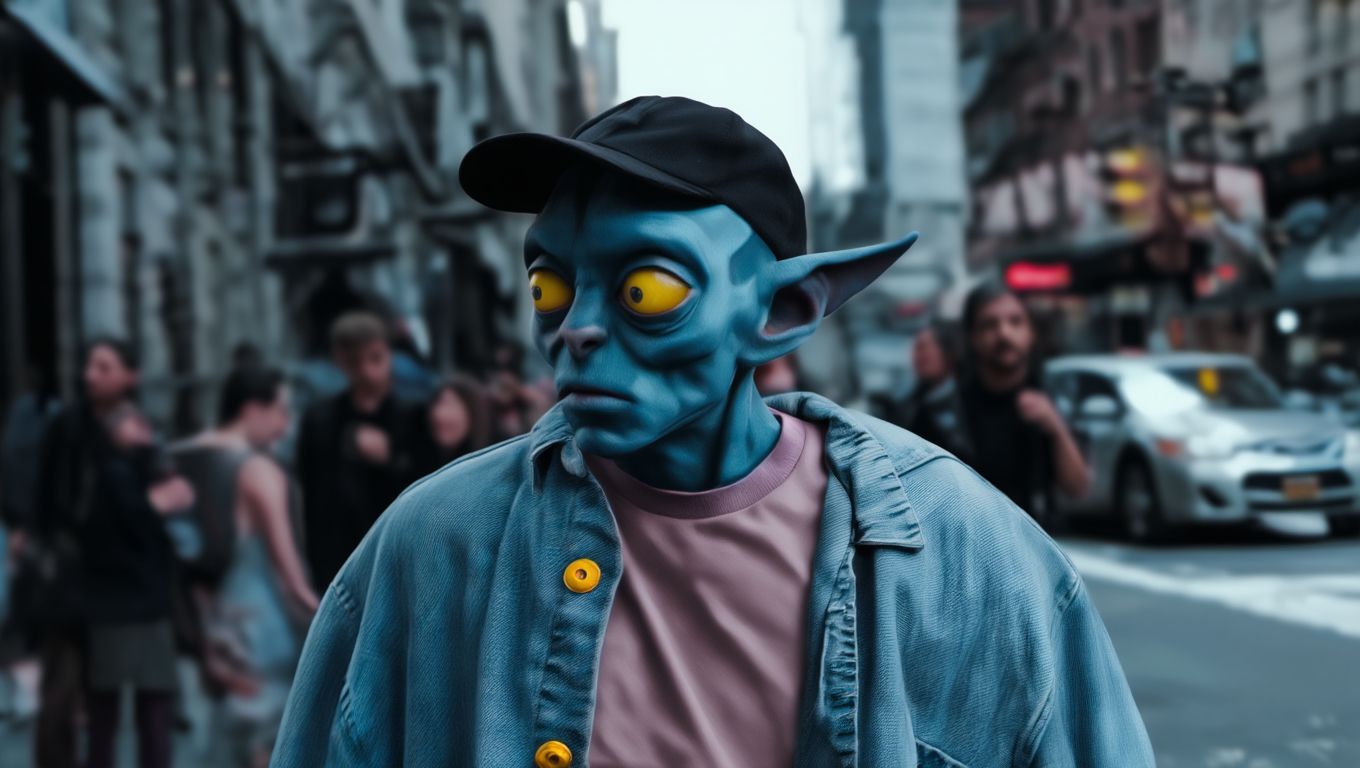
Image source: Sora / Reve
The Rundown: OpenAI’s Sora hit a million downloads in five days, then the clones swarmed in. As TechCrunch reports, impostors with names like “Sora” and “Sora 2” gamed the App Store, hijacking search traffic and racking up paid subscriptions.
The details:
Some fake apps repurposed old codebases, swapping generic branding for OpenAI's Sora logo and bolting on fake "video generation" features.
The scam apps topped App Store search results for "Sora"; two even cracked the Top 10 before Apple yanked them.
Unlike the official invite-only Sora, these clones were publicly available, and some racked up thousands of paid subscriptions before getting pulled.
Apple's App Review process came under fire for greenlighting trademarked names and unlicensed AI features.
Why it matters: When a high-profile app launches, scammers can exploit the approval lag and search rankings to extract cash from confused users before enforcement catches up. ChatGPT faced the same problem. Scam apps made serious money before removal, exposing a weakness in how Apple handles viral launches.
TOGETHER WITH ATLASSIAN
The Rundown: Software Collection is Atlassian’s AI-native approach to the modern software development lifecycle (SDLC). Combining visibility, measurement, and automation, it enables teams to deliver high-quality software faster by bringing together:
Rovo Dev uses agentic AI to accelerate planning, coding, and reviews
DX tools improve developer experience and productivity
Bitbucket for source code management and Bitbucket Pipelines for CI/CD
Compass provides a unified catalog to manage ownership, standards, and governance
Learn how Software Collection can help your team build high-quality software, fast.
AMAZON
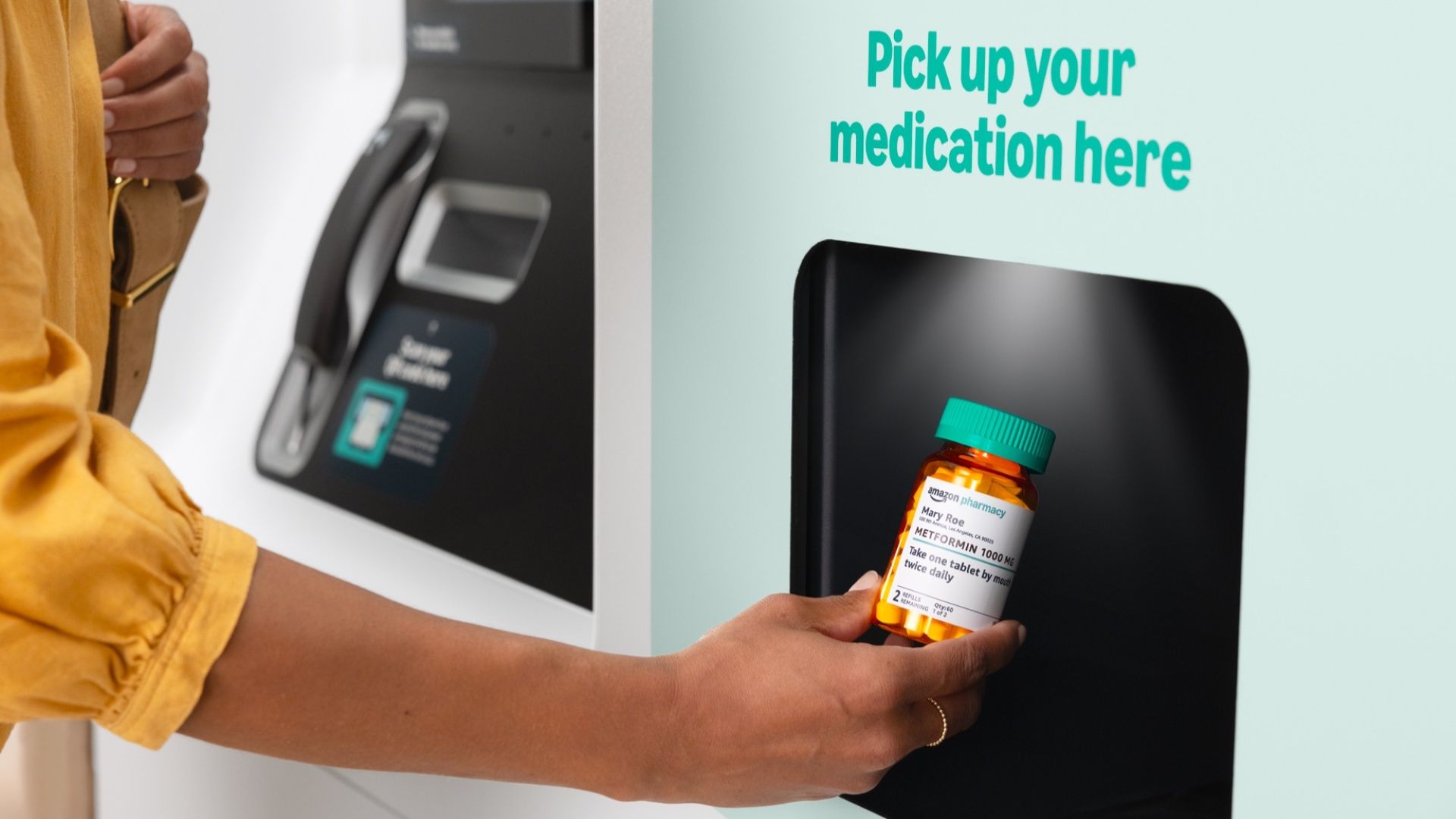
Image source: Amazon
The Rundown: Amazon is dropping prescription kiosks into LA-based One Medical clinics this December, with more planned in a move that could fundamentally upend how patients fill their meds.
The details:
Each kiosk is designed to close the gap between clinic visit and medication pickup, dispensing prescriptions “within minutes” of an appointment.
After a provider writes a prescription, patients select kiosk pickup via the Amazon app, pay digitally, then scan a QR code to retrieve their meds.
The machines carry inventory tailored to each clinic's prescribing patterns, algorithmically optimized to match demand and minimize stockouts.
Security runs deep: kiosks weigh over 1,700 pounds, feature layered theft resistance, video monitoring, and dual authentication before dispensing.
Why it matters: The kiosks are Amazon's latest move to absorb another retail category, connecting its $4.6B healthcare spending spree (PillPack, Amazon Pharmacy, One Medical) and cutting pharmacies out of the loop entirely. Meanwhile, Rite Aid just shuttered completely, and CVS and Walgreens keep closing stores.
TENSOR/LYFT
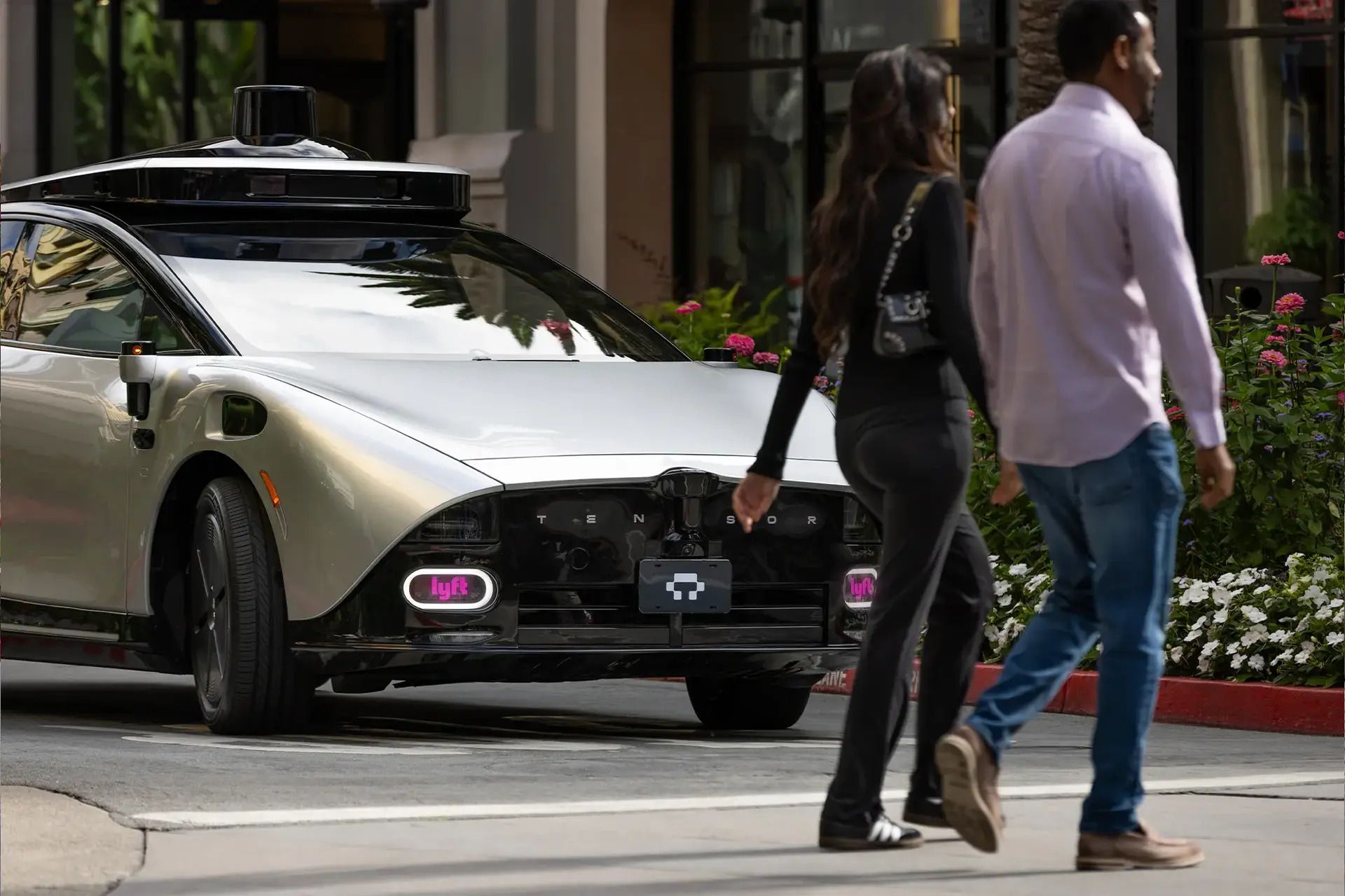
Image source: Lyft
The Rundown: Lyft is teaming up with Tensor to launch hundreds of robotaxis in Europe and North America starting in 2027, marking its first direct move into owning and operating autonomous fleets.
The details:
Every Tensor Robocar will come “Lyft-ready,” able to hit the road for passengers or owners right off the factory line, pending regulatory clearance.
Each vehicle is packed with over 100 sensors — cameras, lidars, radars — feeding data to a supercomputer powered by Nvidia’s AI chips.
The Tensor Robocar, recently revealed as the world’s first personal Level 4 autonomous vehicle designed for private ownership, is slated for a 2026 rollout.
Owners can monetize their vehicles by adding them to Lyft's network during downtime, blurring the line between personal and commercial asset.
Why it matters: The pitch mirrors Tesla's long-promised robotaxi vision: buy a car, let it earn while you sleep. But the model depends on regulatory clearance, whether owners will share expensive hardware with strangers, and if the math works after insurance, depreciation, and maintenance eat into revenue.
MIT/HARVARD
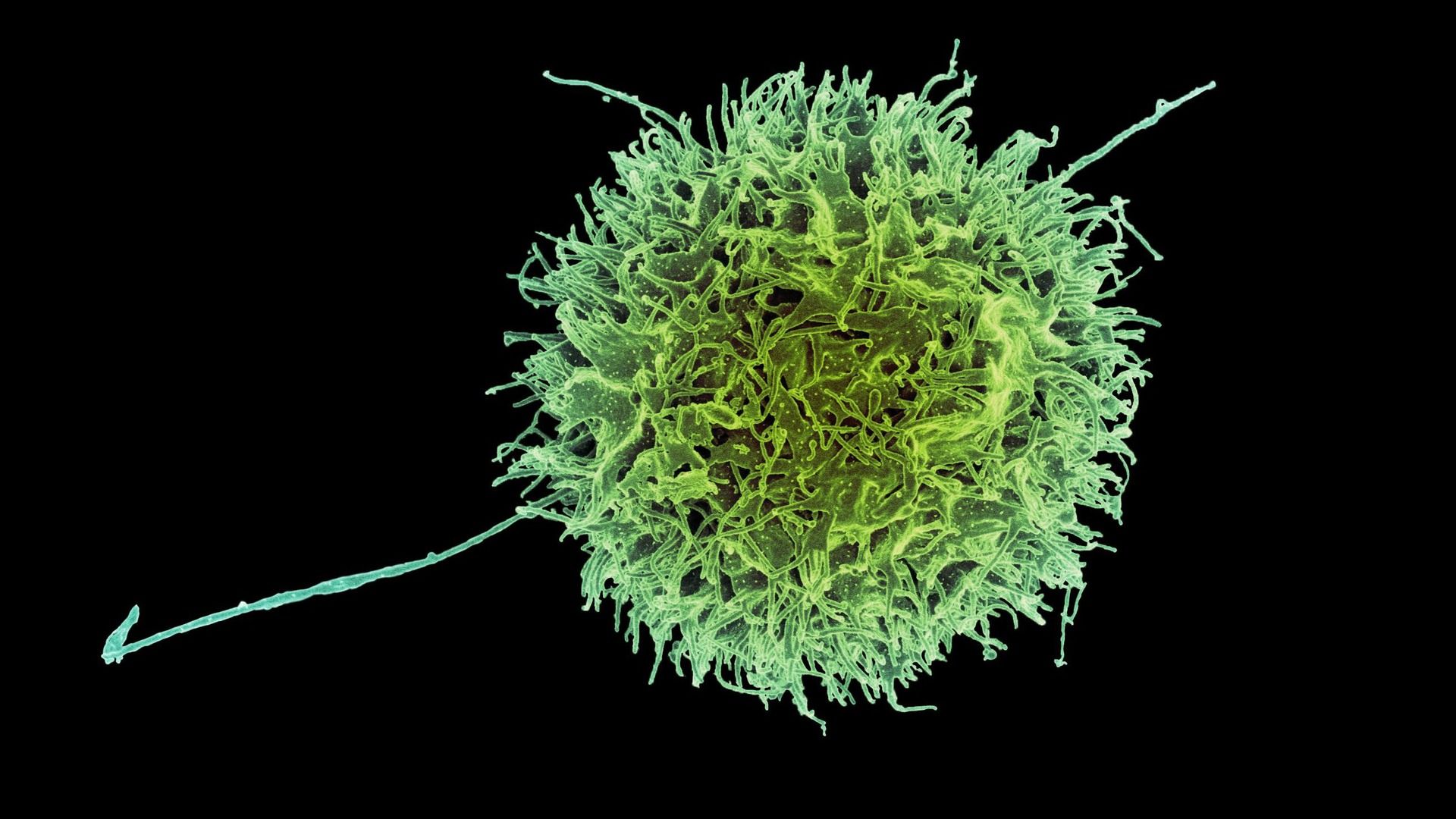
Image source: NIAID
The Rundown: Engineered “natural killer” cells — CAR-NK cells in biotech shorthand — are emerging as immunotherapy's next wave, built to outsmart cancer and sidestep the limitations blocking current treatments.
The details:
Scientists at MIT and Harvard genetically modified NK cells with chimeric antigen receptors, programming them to lock onto specific cancer markers.
These CAR-NK cells are designed as “off-the-shelf” inventory — stored, shipped, and infused without months-long personalized therapy delays.
In preclinical studies, the cells persist longer and dodge immune rejection better than earlier versions, solving a major scalability problem.
Unlike CAR-T cells, which can trigger life-threatening cytokine storms, CAR-NK therapies deliver comparable firepower with a far milder safety profile.
Why it matters: While it’s still early days, off-the-shelf CAR-NK therapies could transform cancer treatment from a bespoke, logistically complex procedure into something closer to a standard infusion. That shift matters: faster treatment timelines, lower production costs, and broader patient access.
QUICK HITS
Microsoft is accelerating its AI push with a new Copilot upgrade that will use licensed content from Harvard Health Publishing to deliver health answers.
Reflection, launched by two ex-DeepMind researchers, raised $2B at an $8B valuation to create open-source AI that rivals OpenAI, Anthropic, and DeepSeek.
Elon Musk’s massive Tesla pay package could still earn him billions in stock options even if he falls short of the board’s so‑called “Mars‑shot” goals.
Netflix subscribers can play new games on their smart TVs, using their phones as controllers in a major step beyond mobile gaming for the streaming giant.
Base Power, an Austin startup, raised $1B at a $3B valuation to expand its Texas-built home battery network in a move to stabilize the state's notoriously fragile grid.
Scientists created the first blood test to identify chronic fatigue syndrome with a reported 96% accuracy, potentially ending decades of dismissal for millions of patients.
Anthropic plans to open its first Indian office in Bengaluru in 2026, while rival OpenAI is also expanding its footprint in the country.
Chinese researchers developed a biodegradable bamboo-based plastic that matches oil-based plastics in durability and can break down in soil within 50 days.
Ferrari unveiled the cutting-edge electric powertrain for its first EV, the Elettrica, a four-door model promising over 1K horsepower and 530 km range.
Elon Musk’s Neuralink says it has a backlog of 10K people eager for its N1 brain-computer implant, with 12 patients already trialing the device.
COMMUNITY
Read our last AI newsletter: Google’s new enterprise AI play
Read our last Tech newsletter: Musk’s Memphis AI empire
Read our last Robotics newsletter: Figure drops new humanoid
Today’s AI tool guide: Use Perplexity Comet to save time on social media
RSVP to our next workshop @ 4PM EST today: Agent builder first look
That's it for today's tech rundown!We'd love to hear your feedback on today's newsletter so we can continue to improve The Rundown experience for you. |
See you soon,
Rowan, Jennifer, and Joey—The Rundown’s editorial team

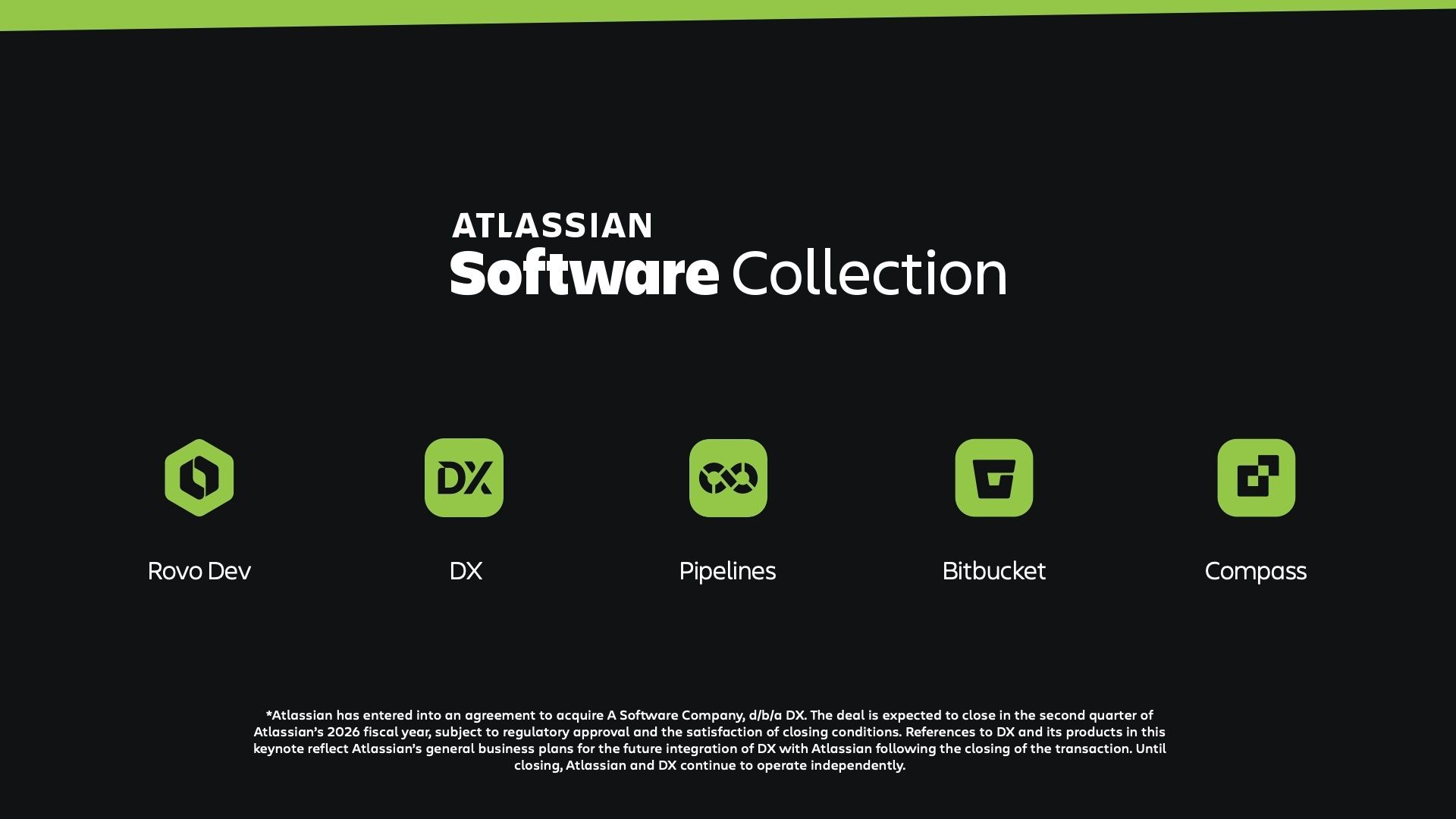
Reply